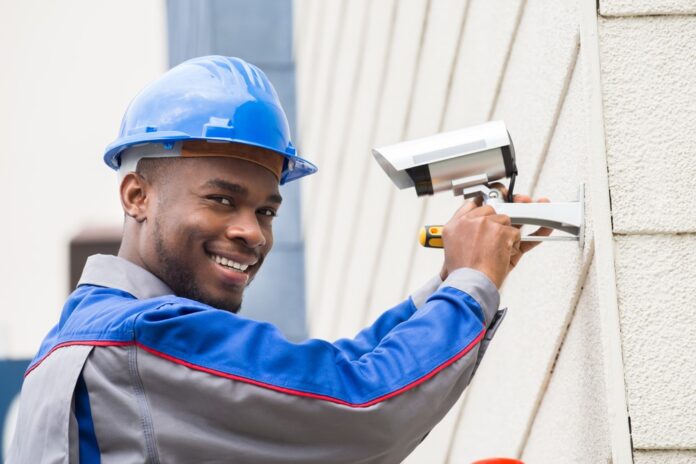Regarding home security, nothing is more important than ensuring your family and possessions are safe. That’s why many people are turning to CCTV cameras as a way to protect their homes. Given the many available options, how can you select the most suitable one that meets your requirements? In this guide, we will discuss the different factors you need to consider when choosing a CCTV camera for your home.
Consider Your Current Home Security Needs:
Before shopping for a CCTV camera, take the time to analyze your home security needs. What kind of area are you looking to monitor? Are there any specific areas of concern that need extra coverage? Do you have an existing system, or will this be a new installation? Answering these questions can help narrow down the type and number of cameras that best suit your needs.
Think About Your Budget: Once you know what kind of system is necessary, it’s essential to consider how much money you want to spend on your CCTV setup. While high-end systems may have features like night vision and motion detection capabilities, they also have a price tag. On the other hand, lower-cost options may still provide the primary result if you can find the one best suited for you.
Decide Which Areas Need Surveillance:
After determining your budget, it’s time to decide which areas must be monitored. Do you want surveillance for the front and back of your house? What about inside or around other buildings on the property? To ensure maximum security, it’s best to identify all potential entry points into and out of your home.
Different Types of CCTV Cameras:
With so many different types of CCTV cameras on the market, it’s essential to understand the features and functions that each one offers. Traditional analog cameras are still used in most home security systems. Still, digital IP cameras are becoming increasingly popular due to their improved resolution, better low-light performance, and remote viewing capabilities. Wireless security cameras can be easily installed without cables through walls or ceilings.
Choose the Right Camera Type and Resolution:
When shopping for CCTV cameras, you’ll come across two main types – analog and IP cameras. Analog cameras are typically cheaper but lack features like night vision capabilities or motion detection alerts. On the other hand, IP cameras come with more advanced features but have a higher price tag. One type may be better suited depending on what kind of monitoring you’re looking for. Finally, it would help if you chose a reliable camera brand with good customer support and a proven track record of quality products. Research online reviews and ask friends or family with experience with security system installations for recommendations. This will help ensure your investment is well worth it regarding CCTV cameras.
Set Your Budget for CCTV Cameras:
Once you have a good understanding of the types of CCTV cameras available and what features they offer, you can begin to set your budget. Decide how much money you will spend on each camera and factor in additional installation or monitoring fees. Remember that higher-end products usually come with better features, so weigh the pros and cons before making a final decision.
Evaluate the Installation Process and Placement of Cameras :
Finally, it’s essential to consider your cameras’ installation process and placement. Depending on the type of system you choose, you may need to hire a professional installer or be able to do it yourself. Ensure all cameras are positioned in areas that provide maximum coverage and visibility while being discreet enough not to be noticed by potential intruders. With these tips in mind, you’ll be well on your way to choosing the right CCTV camera for your home security needs!
Consider Other Features (Motion Detectors, Night Vision, and Remote Access Capabilities):
In addition to cameras, there are other features you may want to consider for your security systems, such as motion detectors, night vision capabilities, and remote access. Motion detectors can help alert you when someone is on your property, while night vision allows you to monitor areas even in low-light conditions. Remote access capabilities allow you to view or control your cameras from anywhere with an internet connection via a smartphone or laptop. Be sure to factor these features into your budget for the best security system possible.
Final Thought:
Following these tips, you can choose the best CCTV camera for your home security needs without breaking the bank. With a bit of research and careful planning, finding an affordable solution that will help keep your family safe is easy.
